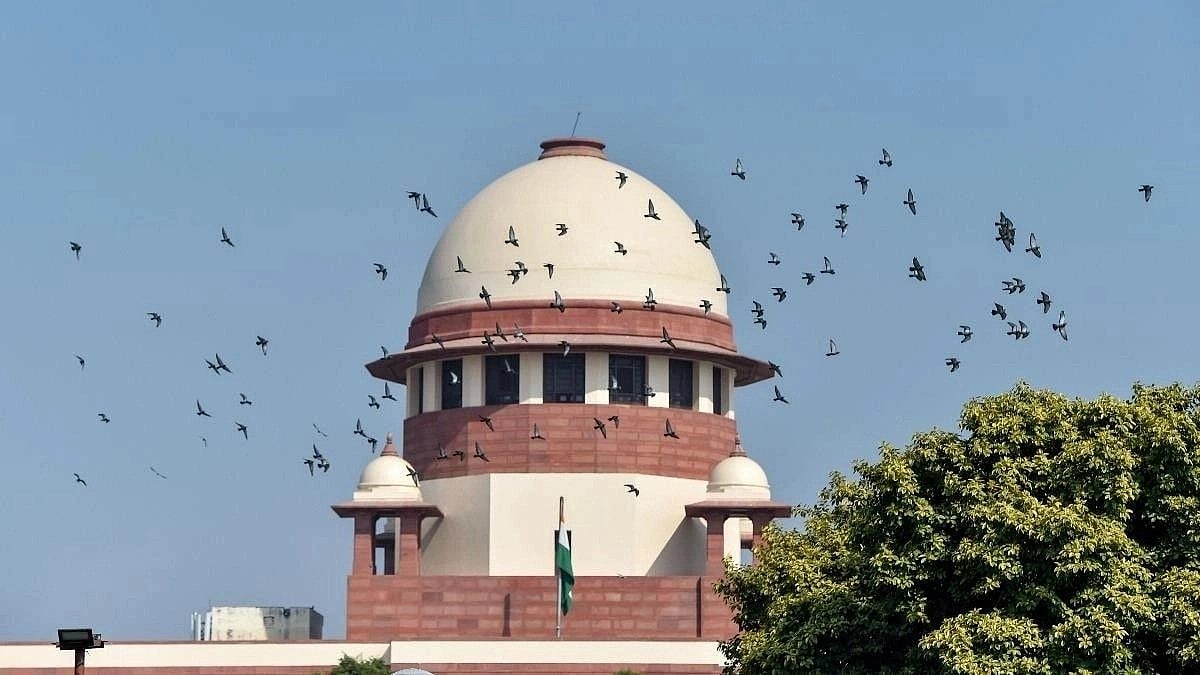Waqf (Amendment) Bill, 2025 Faces Supreme Court Test Amid Rising Opposition | (Photo Courtesy: X)
Lucknow: The battleground has shifted from Parliament to the Supreme Court, as opposition mounts against the controversial Waqf (Amendment) Bill, 2025. After its passage in both the Lok Sabha and Rajya Sabha, the Bill now awaits President Droupadi Murmu’s assent. Meanwhile, legal and political resistance is intensifying.
AIMIM Chief and MP Asaduddin Owaisi filed a petition in the Supreme Court on Friday, challenging the Bill’s constitutional validity. Congress leader Mohammad Jawed has also approached the apex court, calling the legislation discriminatory and rushed. Owaisi’s petition argues that the amended Bill “irreversibly dilutes” statutory protections for Waqf properties while favouring other stakeholders. He alleges it violates Articles 14 and 15 of the Constitution by discriminating against Muslims.
“The Bill erodes the democratic functioning of Waqf Boards and diminishes community representation,” his plea states.
About The Amendment
The amendment, which seeks to overhaul the Waqf Act of 1995, is projected by the government as a step towards efficiency and better governance. It incorporates recommendations of the Joint Parliamentary Committee and aims to streamline the registration, digitisation, and management of Waqf properties. However, critics fear the changes will increase executive control and make Waqf assets more vulnerable.
Political backlash has been swift. BSP supremo Mayawati denounced the Bill as hastily passed, asserting that the government stifled parliamentary debate. She warned, “If this law is misused, the BSP will stand with the Muslim community.” On the ground, tensions are running high. Following the passage of the Waqf (Amendment) Bill, 2025, the Uttar Pradesh government has initiated action to seize properties allegedly “illegally” declared as Waqf land.
Officials claim that while only 2,963 Waqf properties are recorded in the state revenue department’s records, over 1.3 lakh additional properties have been listed by the Waqf Board without proper documentation. According to sources, many of these properties were never officially donated or endowed under Islamic law and may have been falsely claimed over time. The government is now scrutinising land titles, revenue records, and historical documentation to verify the legitimacy of such claims. If a property is found to have been wrongly declared as Waqf, authorities will remove the Waqf designation and treat it as state land. This will be followed by eviction notices, and in some cases, forceful seizure may occur under land management laws.
The Waqf Board and other stakeholders are expected to challenge many of these moves in court, citing concerns over religious rights and procedural lapses. However, the government maintains that this exercise is aimed at reclaiming public land and curbing encroachments made under the guise of religious endowments.
Uttar Pradesh Govt Heightens Security Across All 75 Districts
Meanwhile, the Uttar Pradesh government has heightened security across all 75 districts. Drones are monitoring dargahs and mosques, and flag marches are underway. In Lucknow, activist Sumaiya Rana was put under house arrest without formal orders. “This is unconstitutional and based on rumours,” she said. Former Minority Commission Chairperson Ashfaq Saifi, who supported the Bill, has received death threats. His brother-in-law was reportedly attacked in Sambhal. The Bill’s critics warn its implications extend beyond Muslim institutions. Advocate SM Yasin noted, “Temples, churches, and gurdwaras also occupy government land. The law should apply equally.”
